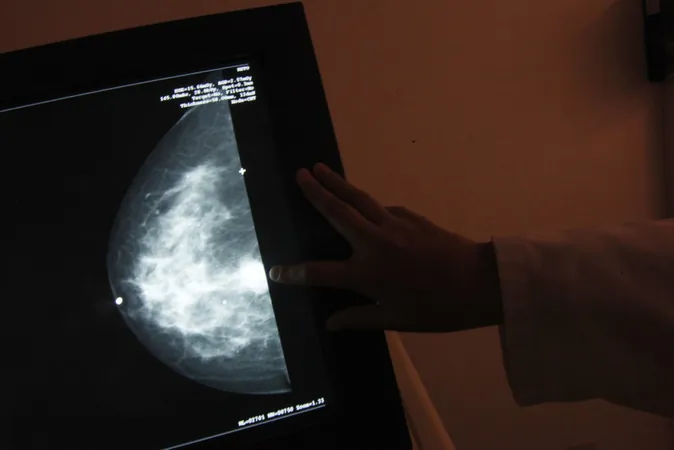
COVID-19 Screening Delays: Not as Devastating for Cancer Stats as Expected!
2025-04-22
Author: Sophie
When the COVID-19 pandemic hit in 2020, many Americans found themselves in a tough spot — forced to put off vital cancer screenings like colonoscopies, mammograms, and lung scans. Hospitals and doctors were overwhelmed, leading to an unprecedented backlog.
However, a new report reveals that these delays might not be as catastrophic as once feared. According to a comprehensive analysis published in the journal *Cancer*, cancer death rates continue to decline, with minimal impact on late-stage diagnoses.
A Silver Lining Amidst the Chaos
As the pandemic unfolded in 2020, there was an uptick in cancers being diagnosed at later stages, making treatment more challenging. Yet, as of 2021, those alarming trends have reverted to pre-pandemic norms for most cancer types. Recinda Sherman, the lead author from the North American Association of Central Cancer Registries, expressed optimism: "It is very reassuring. So far, we haven’t seen an excess of late-stage diagnoses, which is important since it suggests there won't be a corresponding rise in cancer death rates tied to the pandemic."
The Comeback of Early Detection
Interestingly, the number of new cancer cases plummeted in 2020 but rebounded back to normal by 2021. Researchers noted that this trend was consistent across various states, indicating that individual behaviors and local healthcare policies had a more significant influence than statewide mandates.
While there was a slight rise in late-stage cervical and prostate cancer diagnoses in 2021, the report assures that these fluctuations were not significant enough to cause alarm. Sherman emphasized, "We didn’t see any notable shifts, so it’s really unlikely that people with aggressive disease went undiagnosed during that time."
What Lies Ahead?
Although the findings are promising, they only cover data up until 2021. Researchers remain vigilant, keen to monitor ongoing trends as life continues to return to normal. Gathering insights from multiple health organizations, including the National Cancer Institute and the American Cancer Society, the report emphasizes the resilience of healthcare systems and the continued importance of monitoring cancer trends in the evolving landscape of public health.
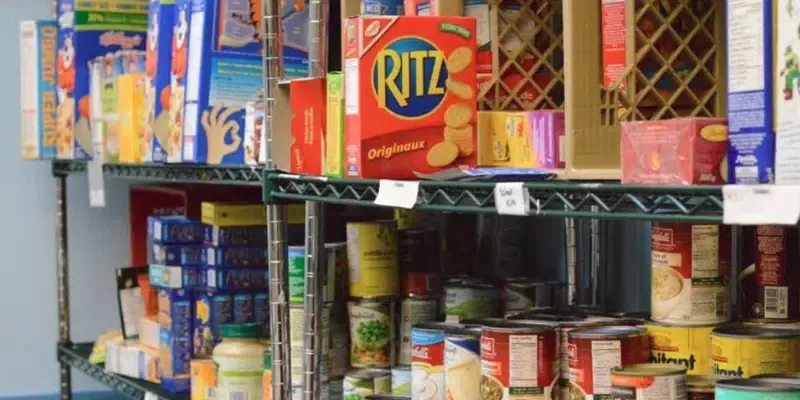


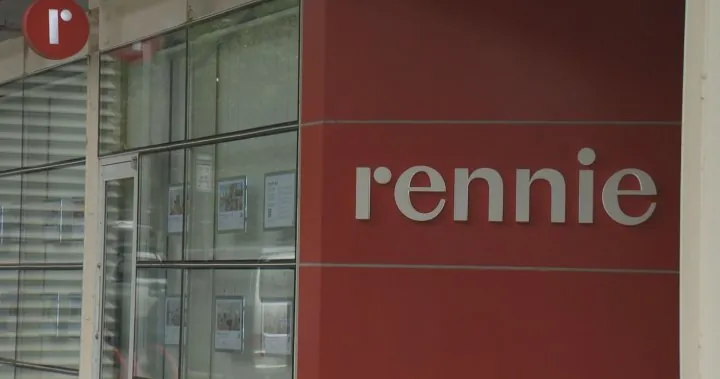
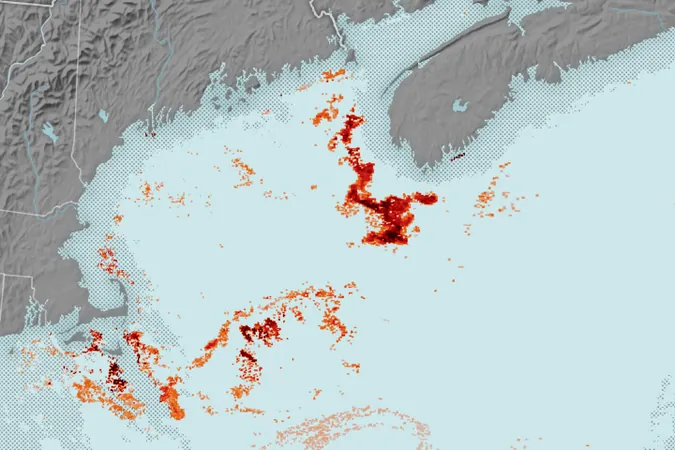
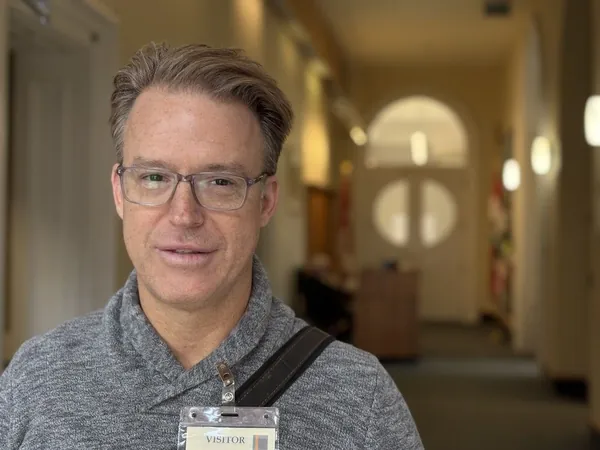

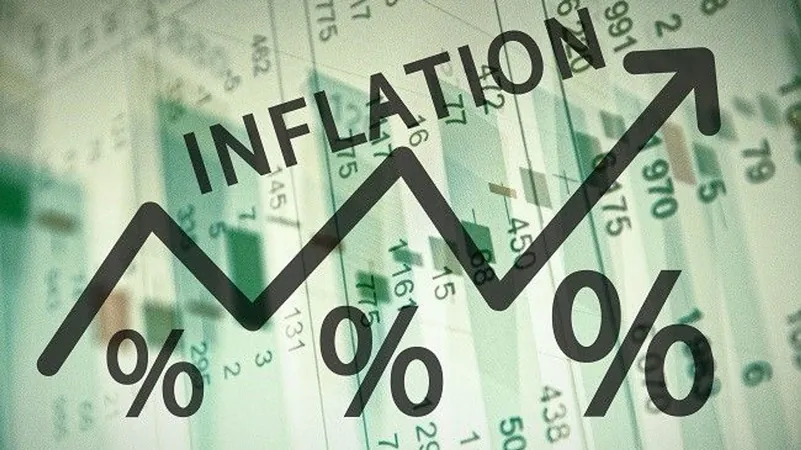

 Brasil (PT)
Brasil (PT)
 Canada (EN)
Canada (EN)
 Chile (ES)
Chile (ES)
 Česko (CS)
Česko (CS)
 대한민국 (KO)
대한민국 (KO)
 España (ES)
España (ES)
 France (FR)
France (FR)
 Hong Kong (EN)
Hong Kong (EN)
 Italia (IT)
Italia (IT)
 日本 (JA)
日本 (JA)
 Magyarország (HU)
Magyarország (HU)
 Norge (NO)
Norge (NO)
 Polska (PL)
Polska (PL)
 Schweiz (DE)
Schweiz (DE)
 Singapore (EN)
Singapore (EN)
 Sverige (SV)
Sverige (SV)
 Suomi (FI)
Suomi (FI)
 Türkiye (TR)
Türkiye (TR)
 الإمارات العربية المتحدة (AR)
الإمارات العربية المتحدة (AR)